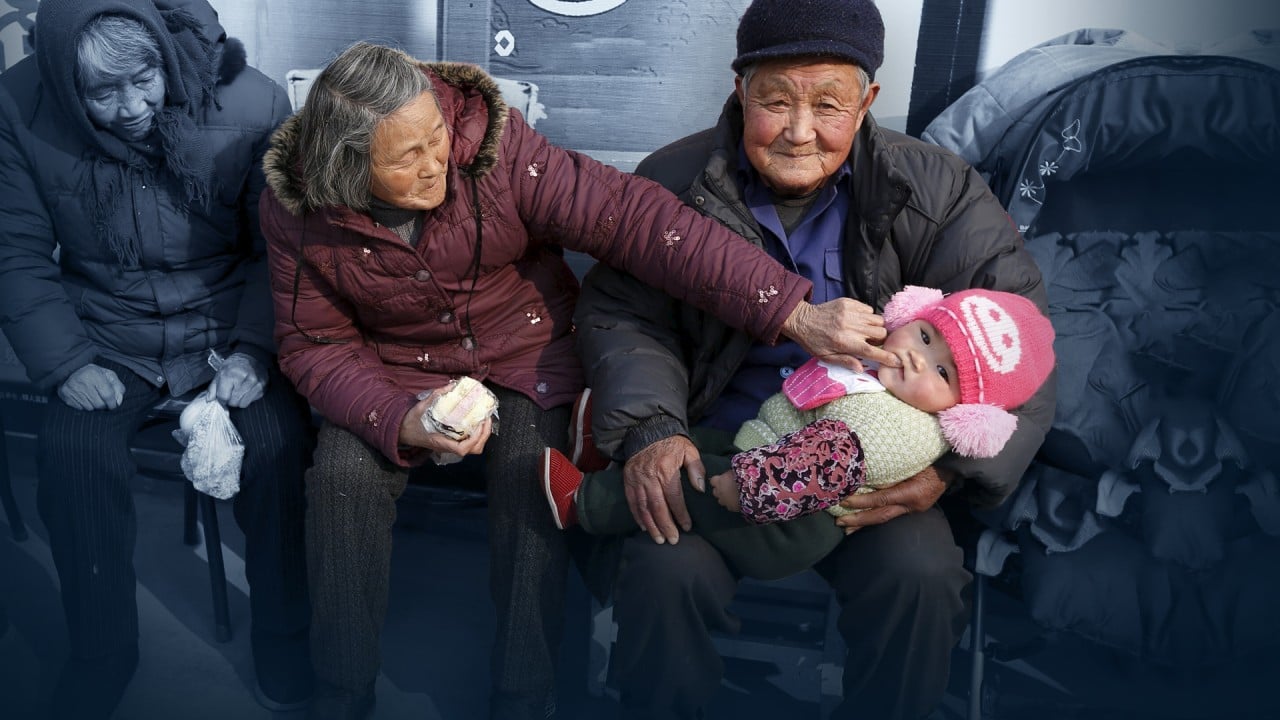China’s population crisis could give women greater reproductive rights, but hurdles remain
- Statement from China’s top health authority about revising rules and standards on assisted reproductive technology has become widely circulated and debated
- Some say institutional changes to controversial policies are long overdue, as China looks to adapt to the reproductive needs and rights of its people

Grappling with a population crisis and plunging birth rate, China is embracing a pronatalist policy that could see it lift highly restrictive and controversial policies on women donating and freezing their eggs.
Public support has also been growing online in recent weeks, after the National Health Commission (NHC), China’s top health authority, said in December that it had “started revising rules and standards relevant to assisted reproductive technology, based on wide consultations with experts”.
The statement flew under the public radar until suddenly gaining traction on social media last month.
Additionally, the NHC said it would push for the legislation of assisted reproductive technology, strictly prohibiting its misuse, while stepping up the crackdown and prosecution of illegal activities, as part of its efforts to adapt to people’s reproductive needs and rights.
The shift came as recent data on China’s birth rate raised red flags about the nation’s population growth.

